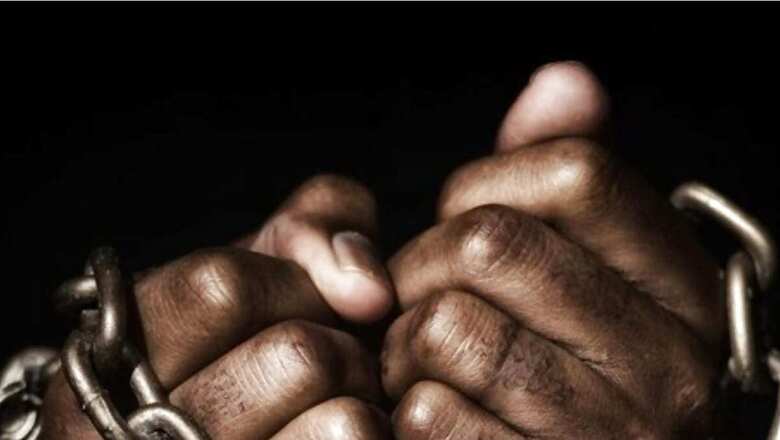
views
New York State will create a commission tasked with considering reparations to address the persistent, harmful effects of slavery in the state, under a bill signed into law by Gov. Kathy Hochul on Tuesday.
The bill signing comes at a time when many states and towns throughout the United States are attempting to figure out how to best reckon with the country’s dark past.
“In New York, we like to think we’re on the right side of this. Slavery was a product of the South, the Confederacy,” Hochul, a Democrat, said at the bill signing ceremony in New York City. “What is hard to embrace is the fact that our state also flourished from that slavery. It’s not a beautiful story, but indeed it is the truth.”
Under the law, which was passed by state lawmakers in June, a study commission will examine the extent to which the federal and state government supported the institution of slavery. It will also look at how New York engaged in the transfer of enslaved Africans.
New York fully abolished slavery by 1827, and much of New York City profited heavily off of the slave industry.
The commission would be required to deliver a report a year after its first meeting. Its recommendations could potentially include monetary compensation but would be non-binding.
Its findings are intended to spur policy changes and lead to programs and projects that attempt to remedy the negative effects of slavery on Black New Yorkers.
The new law is likely to draw some controversy, especially with the possibility of cash reparations. But the governor and other state lawmakers emphasized at the ceremony that the legislation would help open up conversations about what reparations could look like.
“This is not just about who we’re going to write a check to, and what the amount is,” said state Assembly Speaker Carl Heastie, a Democrat.
“It begins the conversation with one recognizing the issues that affected Black people and descendants of slaves in this state.”
State Senate Republican Leader Rob Ortt said in a statement that he was confident New York’s recommendations would come at an “astronomical cost” to all New Yorkers.
“The reparations of slavery were paid with the blood and lives of hundreds of thousands of Americans who fought to end slavery during the Civil War,” he said.
He added that it’s unrealistic for states to meet the potentially expensive price tag that could come with cash reparations.
California became the first state to form a reparations task force in 2020. That group estimated the state was responsible for more than $500 billion due to decades of over-policing, and redlining that kept Black families from receiving loans and living in certain neighborhoods.
Other states including Massachusetts and New Jersey have considered studying reparations, but none have yet passed legislation. A Chicago suburb in Evanston, Illinois, became the first city to make reparations available to Black residents through a $10 million housing project in 2021.
The U.S. Congress apologized to African Americans for slavery in 2009, but a federal proposal to create a commission studying reparations has long stalled.













Comments
0 comment